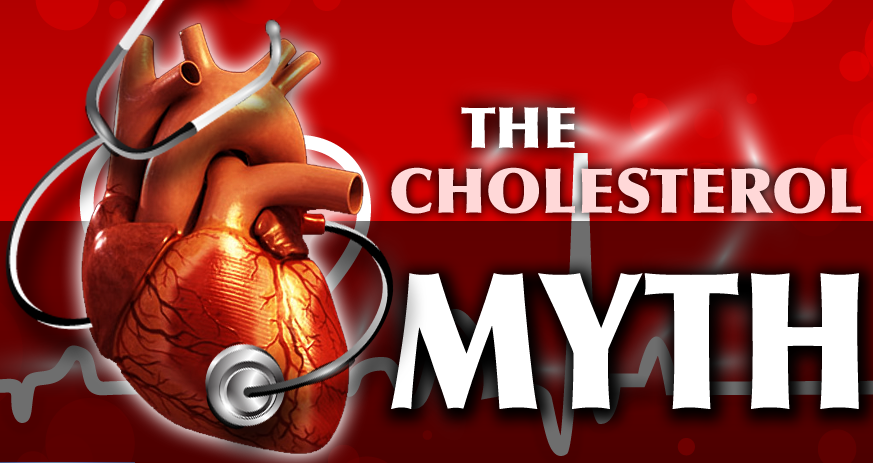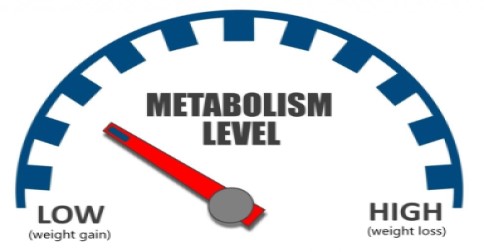Introduction
A friend of mine who has been struggling with her weight asked me the other day, ‘How is it possible that I can eat a full meal and still be hungry?’ This seems to be a common question so I thought I would take a moment and explain how it is possible to eat A LOT of food and still continue to search for more.
Reason #1: Your ghrelin might be out of whack
For good or bad, like every other function in the human body, your hunger is controlled by hormones. From the feeling of happiness or low mood created by serotonin to the sexy feelings created by our sex hormones, hormones turn functions on and off depending on their levels in the body. When it comes to appetite, the hormone you need to get familiar with is ghrelin, a key hormone involved in appetite regulation. Ghrelin, the appetite increaser, is released primarily in the stomach and is thought to signal hunger to the brain. Simply put: ghrelin is the chemical that alerts the brain that you need something to eat and if it is out of whack, you will eat a lot more than you need to!
Reason #2: You might be eating too quickly
Eating too quickly is a big problem in today’s face paced society. Not only does your digestion become compromised by hurried chewing or by choosing nutrient void foods (processed) which slows down our whole digestion production line, eating too fast undermines your stomach’s ability to feel full until it is too late. Most people don’t know that it takes approximately 20 minutes for your stomach to signal to your brain that it has had enough and to stop eating. If you eat quickly, imagine how much you could consume before you realize you have had enough?
Reason #3: You might be bored
Eating out of comfort or boredom is another reason why people eat more than they need. My clients will often ask, “How can I tell if I am hungry or if I am eating for another reason?” My answer is always the same, if you are hungry you will eat an apple! If you are bored, you will want something specific like chocolate, chips or something you used to use to soothe yourself as a kid. So, the next time you find yourself staring longingly in the fridge wondering why there isn’t anything good to eat, you should probably find something else to do.
Reason #4: You might be confusing thirst for hunger
Hunger and thirst trigger the same types of signals in your brain. Your hypothalamus, the portion of your brain responsible for controlling feelings of hunger and thirst, responds similarly whether you’re thirsty or you haven’t had enough to eat. To make matters worse, symptoms of dehydration (nausea, headache, feeling lightheaded) mimic those of hunger. Spend some time learning your body’s cues approximately 3-5 hours after your last meal, what you are feeling might surprise you!
Reason #5: Your body might be malnourished
Eating processed foods will also contribute to increased feelings of hunger. How? When we eat foods that are nutrient-void like chips, bread or fast food, we are consuming calories but not nutrients. Although our body needs calories to survive, it needs nutrients to thrive and will continue to prompt you to find these nutrients by encouraging you to eat.
Reason #6: Your gut might be craving the wrong foods
As we describe in our previous article, “Overweight? Your GUT might be at fault, NOT YOU!” our personal collection of gut flora drives our cravings for unhealthy food. When our microbiome is balanced, our metabolism stabilizes, our body run more efficiently and we don’t feel the need to eat as much. The problem is that the bacteria in our gut follow the food so if you are eating lots of carbs or processed food, that is what the gut bacteria will ask for and in turn, is what you will crave.
Recommendations to control your cravings
To avoid overeating, I offer a few simple tips:
- Crowd out the processed food with live, whole, nutrient dense foods at every meal
- Ensure there are sufficient protein, fat, and fibres on your plate. Together, this combination will help you feel full longer and help to improve your digestion.
- Drink water! As I mentioned, most people reach for food when they are thirsty. Next time you feel a hunger pang, drink some water first, it won’t hurt you and will help all the systems in your body.
- Take a walk! Distraction techniques such as going for a walk, not only have benefits to your mental health, the physical activity also stimulates your digestive system and delay urges to eat unhealthy food.
- Eat slowly and mindfully. Digestion begins in the mouth and if you are inhaling your food, you are putting strain on your whole system. The acid in your stomach can only do so much to dissolve food and it is counting on most of the breakdown of food to occur in the mouth. Whatever the stomach can’t dissolve gets passed through the digestive tract which can create small tears in the intestine which can allow for food particles to pass into the bloodstream. Sound gross? It is and can cause all kinds of inflammation in the body! To reduce the likelihood of developing a leaky gut, chew your food well and do not drink while eating.
Conclusion
Finally, and most importantly, improve your digestion and heal your gut. Healing your gut by balancing and restoring healthy bacteria is a great way to reduce your cravings and feelings of hunger. Healing your gut also helps to balance your hormones which (you guessed it!) will also help to stabilize the ghrelin thereby reducing your hunger! Sometimes people are able to make small changes on their own and see a difference yet if you want to make lasting choices that will help you increase energy, balance your hormones and reduce the feeling that your stomach is a bottomless pit, I am here to help and only a phone call away! To begin restoring your gut, I invite you to book a free consultation with me or to download my “Free GI Relief Guide” which will guide you through the steps required to rebalance and rebuild your gut.
References




